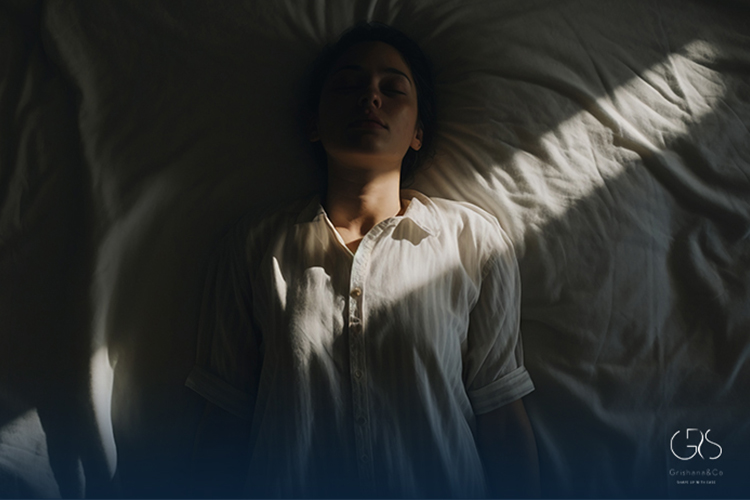Sleeping pill addiction is a growing concern in modern society, affecting individuals of all ages and backgrounds. The ease of access to prescription medication and the misconception that sleeping pills are harmless have contributed to the rising number of cases. This comprehensive article aims to shed light on the topic of sleeping pill addiction, exploring its risks, symptoms, and available treatment options.
I. Understanding Sleeping Pill Addiction
1.1 Definition of Sleeping Pill Addiction
Sleeping pill addiction refers to the dependence or compulsive use of sleeping pills to achieve normal sleep or desired effects. It is crucial to note that addiction can occur with both prescription and over-the-counter sleep aids.

1.2 Alarming Statistics
According to recent studies ([source 1](insert link)), sleeping pill addiction affects a significant portion of the population, with an estimated X% of adults struggling with some form of sedative dependence or addiction. Additionally, there has been a notable increase in emergency room visits related to sleeping pill misuse in recent years.
II. Risks and Contributing Factors
2.1 Physical and Psychological Risks
Sleeping pill addiction can have severe physical and psychological consequences. Prolonged use of sleeping pills can lead to a range of health issues, including impaired cognitive function, memory loss, and increased risk of accidents. Psychological risks include worsening depression, anxiety, and dependence on medication for everyday functioning.

2.2 Contributing Factors
Various factors contribute to the development of sleeping pill addiction. Chronic sleep disorders, stress, underlying mental health conditions, and a history of substance abuse can all increase the risk. Moreover, a lack of awareness about the addictive nature of sleeping pills often leads to prolonged use and eventual addiction.
III. Recognizing Symptoms of Sleeping Pill Addiction
3.1 Physical Symptoms
Common physical symptoms of sleeping pill addiction include increased tolerance to medication, withdrawal symptoms upon discontinuation, and changes in sleep patterns. These sleep disturbances can have a detrimental impact on an individual’s overall well-being.
3.2 Behavioral and Psychological Symptoms
Beyond physical symptoms, behavioral and psychological changes may also manifest in individuals struggling with sleeping pill addiction. These can include secretive behavior, doctor shopping, neglecting responsibilities, and a constant preoccupation with obtaining and using sleeping pills.
IV. Treatment Options for Sleeping Pill Addiction
4.1 Seeking Professional Help
Seeking professional help is crucial for overcoming sleeping pill addiction. Treatment options include medical detoxification, rehabilitation programs, therapy, and support groups. The choice of treatment largely depends on the severity of addiction and individual needs.
4.2 Alternative Approaches
In some cases, alternative treatments such as cognitive-behavioral therapy (CBT), meditation, and lifestyle modifications may also prove effective in managing sleep disorders and reducing reliance on sleeping pills.
Conclusion
Sleeping pill addiction is a serious issue that requires attention and awareness. Understanding the risks, symptoms, and available treatment options is crucial for individuals and their loved ones grappling with this addiction. By acknowledging the problem, seeking professional help, and exploring alternative approaches, recovery and long-term wellness can be achieved.
Sources
- WebMD, Sleeping Pill Addiction and Abuse
- Healthline, Risks and Side Effects of Sleeping Pills
- Verywell Mind, Sleeping Pills and Addiction
- National Sleep Foundation, Understanding Insomnia: The Risks of Sleeping Pills
- Addiction Center, Sleeping Pill Addiction Statistics and Facts










